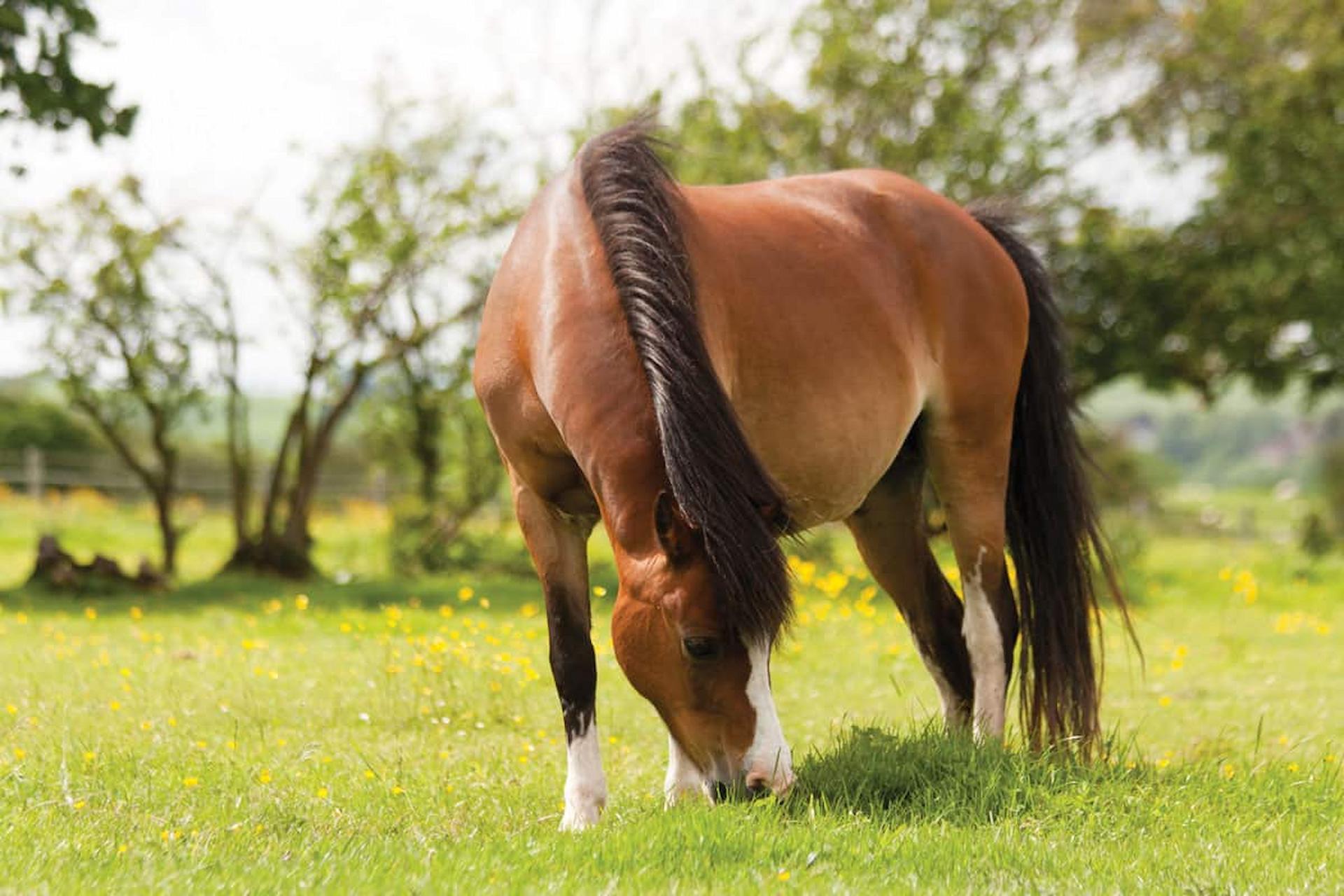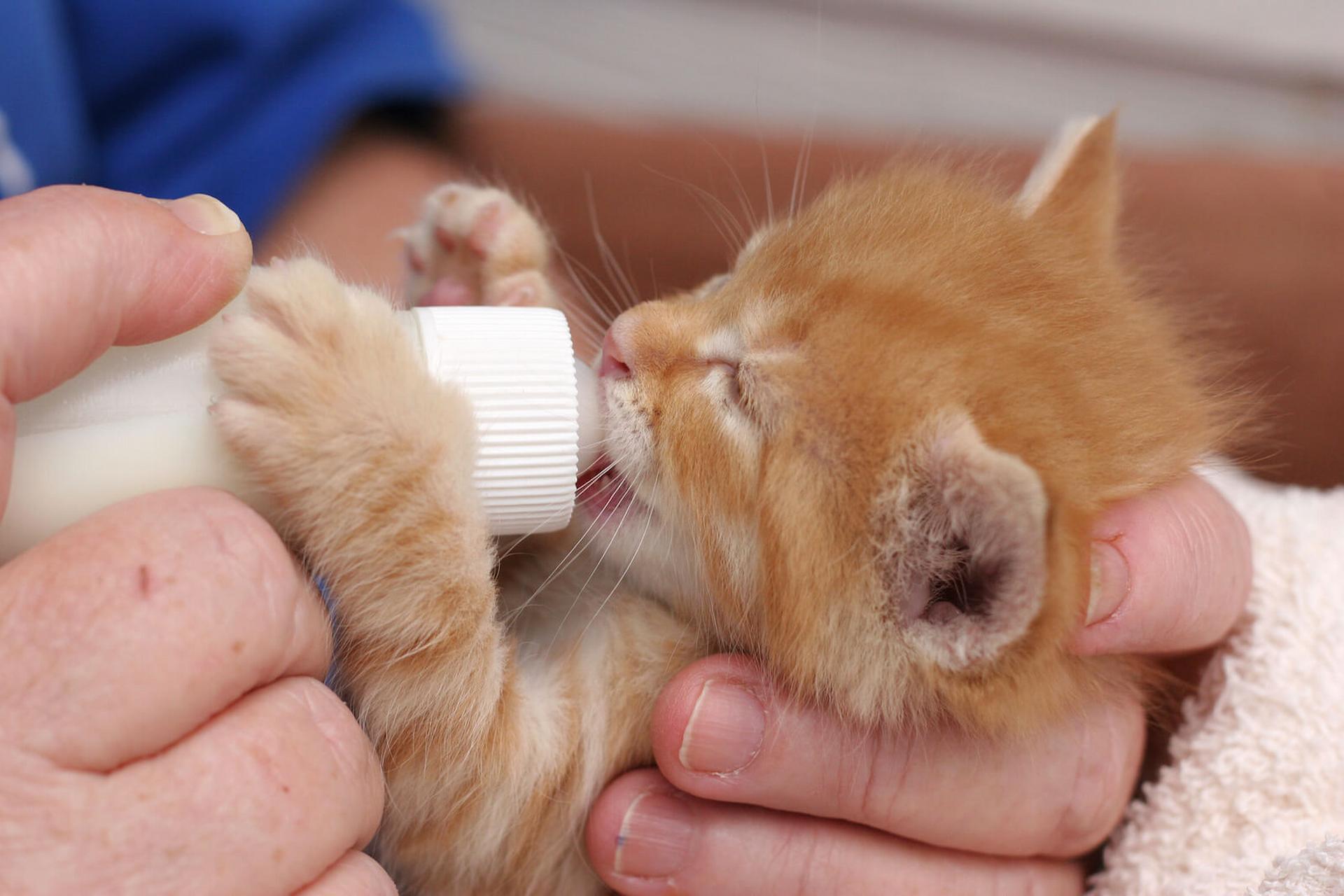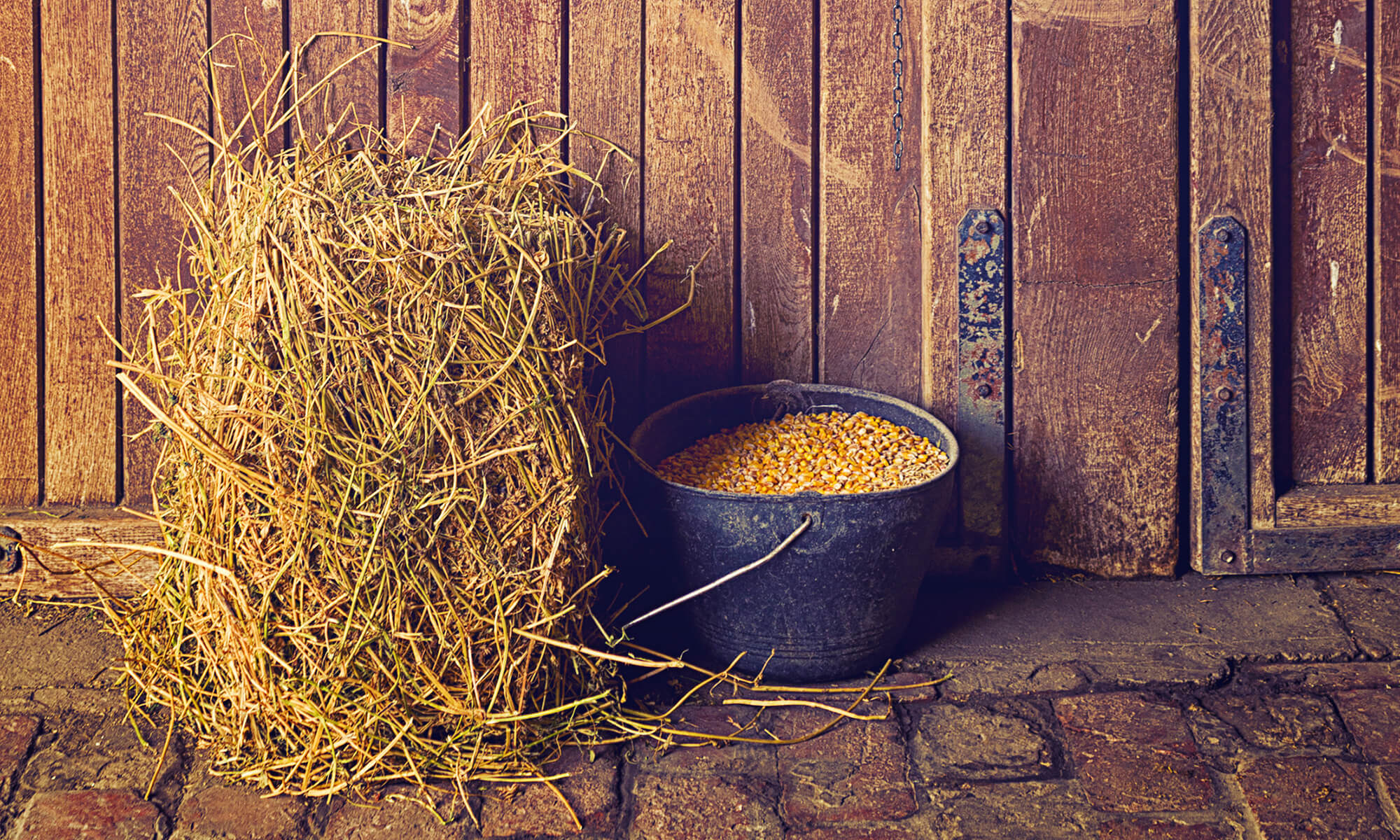Knowing how to manage your horse’s weight is important when it comes to making sure they’re happy and healthy. No two horses are the same, so finding out what your horse requires in terms of horse food to ensure you’re meeting their individual needs is essential. There are a range of factors that impact your horse’s overall weight and body condition, which has an impact on which feed they require.
Variations and purpose
As previously mentioned, horses all have individual needs and no two are the same when it comes to feeding. As we know, horses vary massively in size, from miniatures to shires, and with many breeds, it is difficult to make a generalisation when it comes to which horse needs to consume what – this is one of the reasons why being aware of your horse’s weight is key. As well as the varied sizes and breeds of horses, age can also impact your horse’s weight with many veteran horses suffering from weight loss due to insufficient food intake.
Another factor that has a major impact on your horse’s weight and condition is the purpose for which they are used. If your horse is a thoroughbred and is used to a training regime to get their fitness up to the highest level, it is likely that they are more conditioned and weigh less than a horse or pony that has not been bred to take on such a rigorous exercise. With a thoroughbred, closely monitoring their weight is necessary, as weight gain could impact the way that they perform in races.
Management
Keeping track of your horse’s weight is the key to maintaining overall good health and is an effective way to recognise if something is wrong. There are three ways in which you can determine your horse’s weight:
- Body Conditioning Index
This is a way of assessing your horse’s body fat. It is a mathematical equation that is used to determine a score between one and nine, using the measurements from your horse’s height, neck circumference, heart girth, and belly girth. This then calculates your horse’s BCI.
- Body Conditioning Scoring
Body conditioning scoring is not measured but carried out by eye and touch. It is a method of assessing your horse’s fat covering across various areas of the body such as the neck, withers, and ribs. By scoring these from one to nine, you can calculate your horse’s BCS.
- Weigh tape or bridge
A weight tape is easy to use and doesn’t use a form of calculation, and if carried out by the same person each time, can give you accurate measurements. However, because there is a range of variables, breed, height, etc., the accuracy of these tapes can vary. A more exact way to determine your horse’s weight is with the use of a weighbridge.
Weight Loss
Weight loss can be common in older horses, simply due to not consuming enough feed, but can be synonymous with other issues such as illness or dental problems. Noticing any changes that you can see visually being displayed by your horse such as a fluctuating appetite or a change in droppings, can help you to identify if there may be an underlying issue, and means that you can contact a vet if necessary and treat your horse’s weight loss accordingly, whether this is by treating the underlying condition or making changes to their feed.
Obesity
Weight gain in horses often happens in the Spring and can happen for several different reasons, some of which may seem more obvious than others. This increase in weight may happen if a non-active horse is over-feeding and feeding more calories than they are burning or feeding on pasture forage which tends to have a higher calorific value.
There are ways that you can diagnose obesity in your horse – by physical examination or by testing your horse’s blood if you are conscious of insulin resistance or metabolic syndrome. Your vet can also help to review the intake and overall feeding habits of your horse and make any dietary changes that may be necessary to combat the problem.


